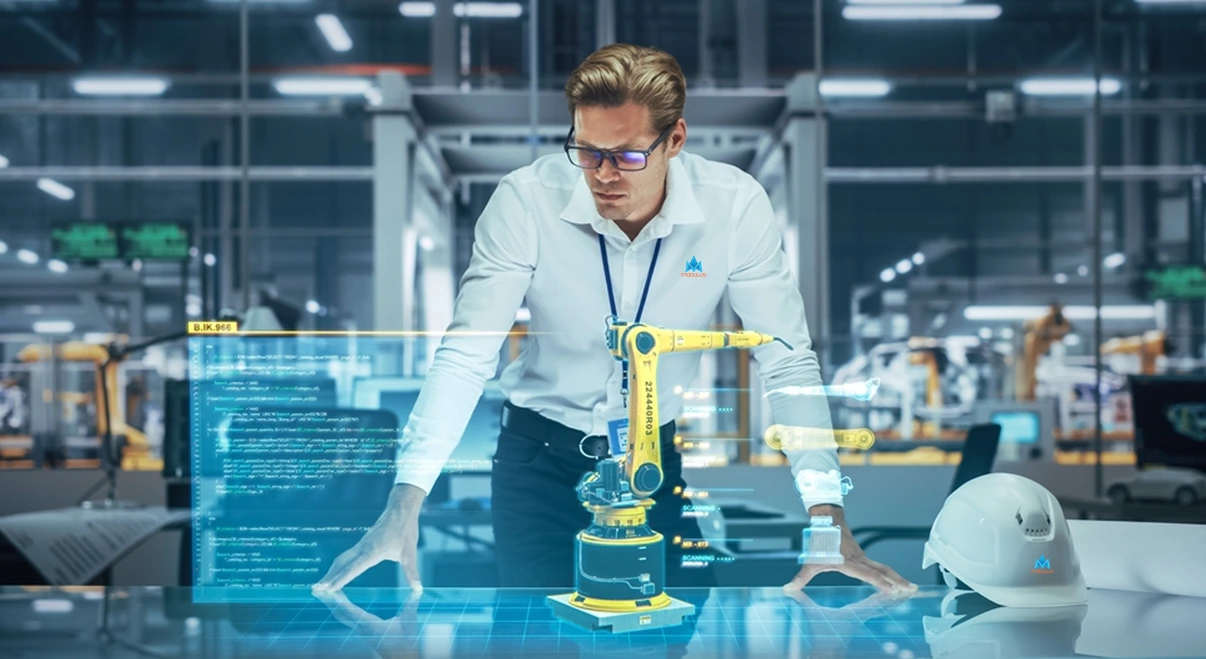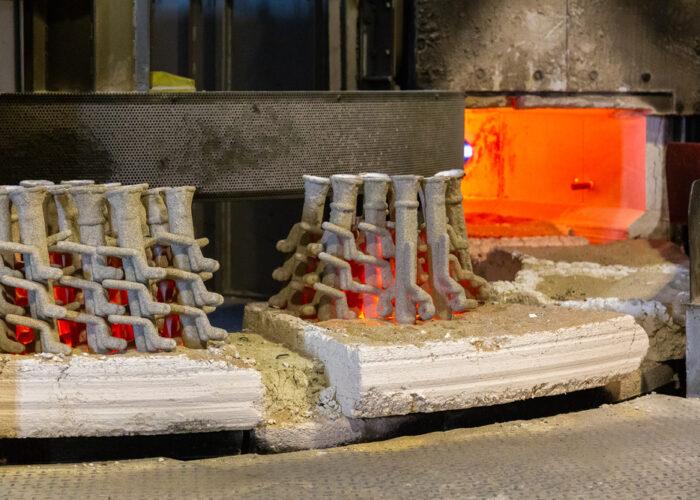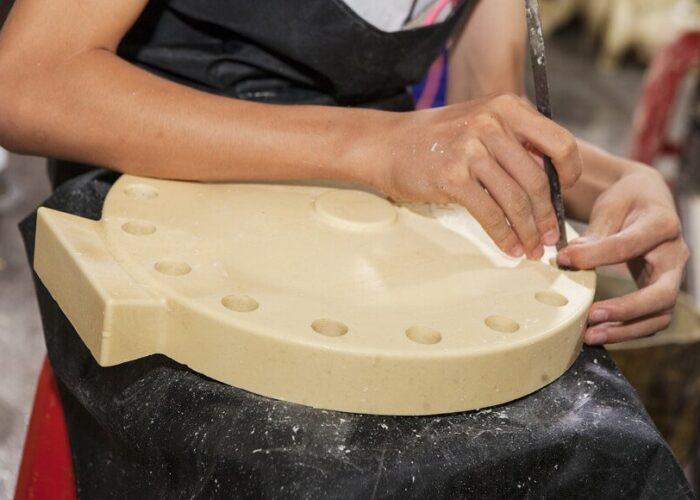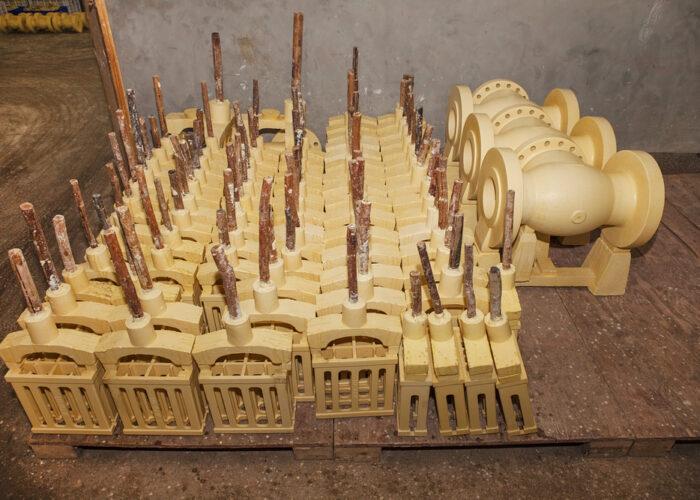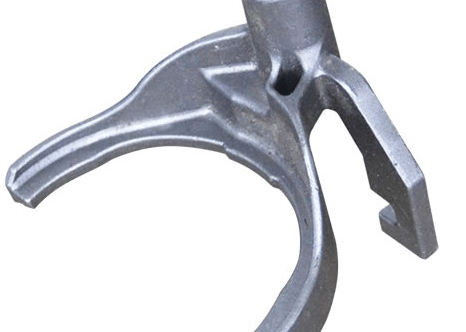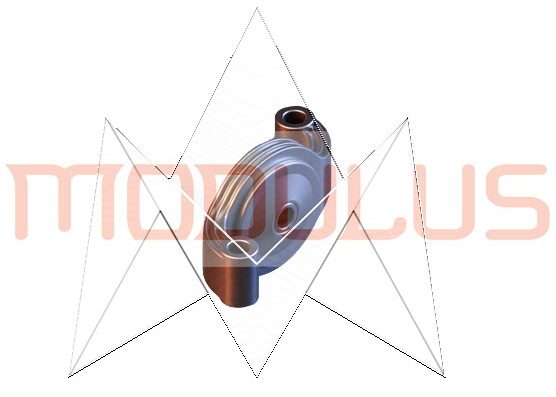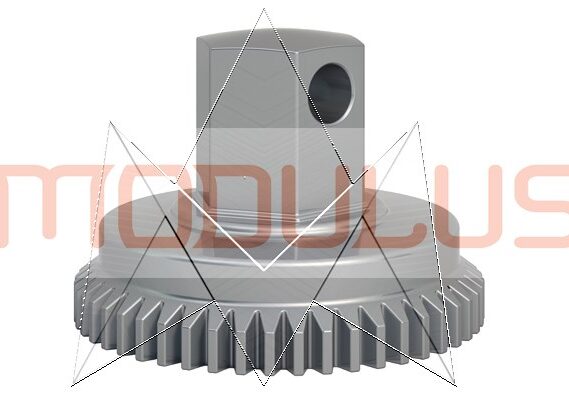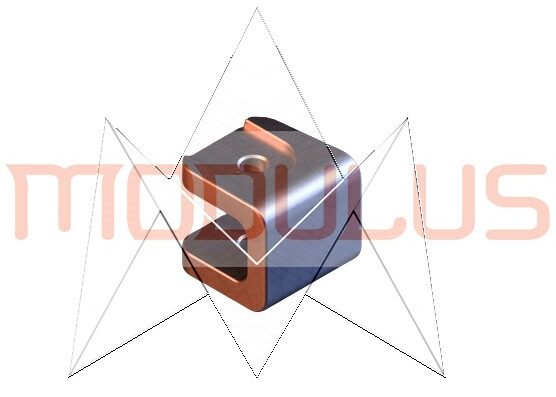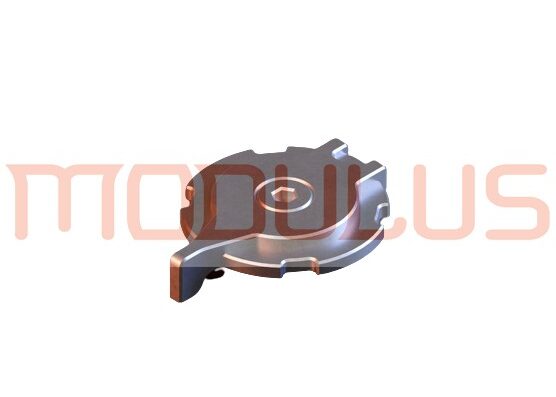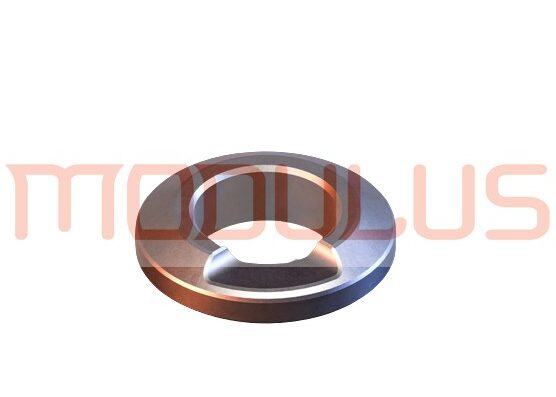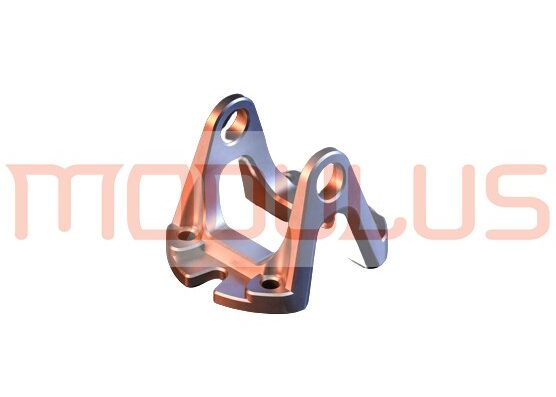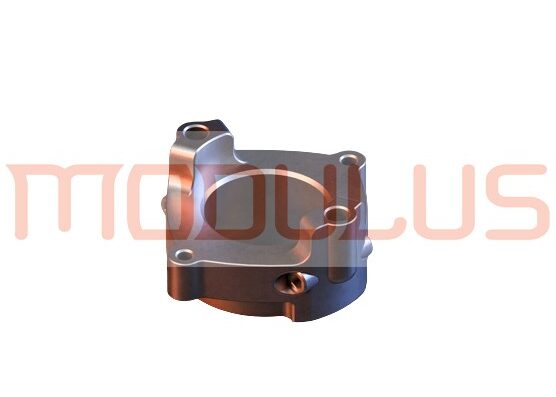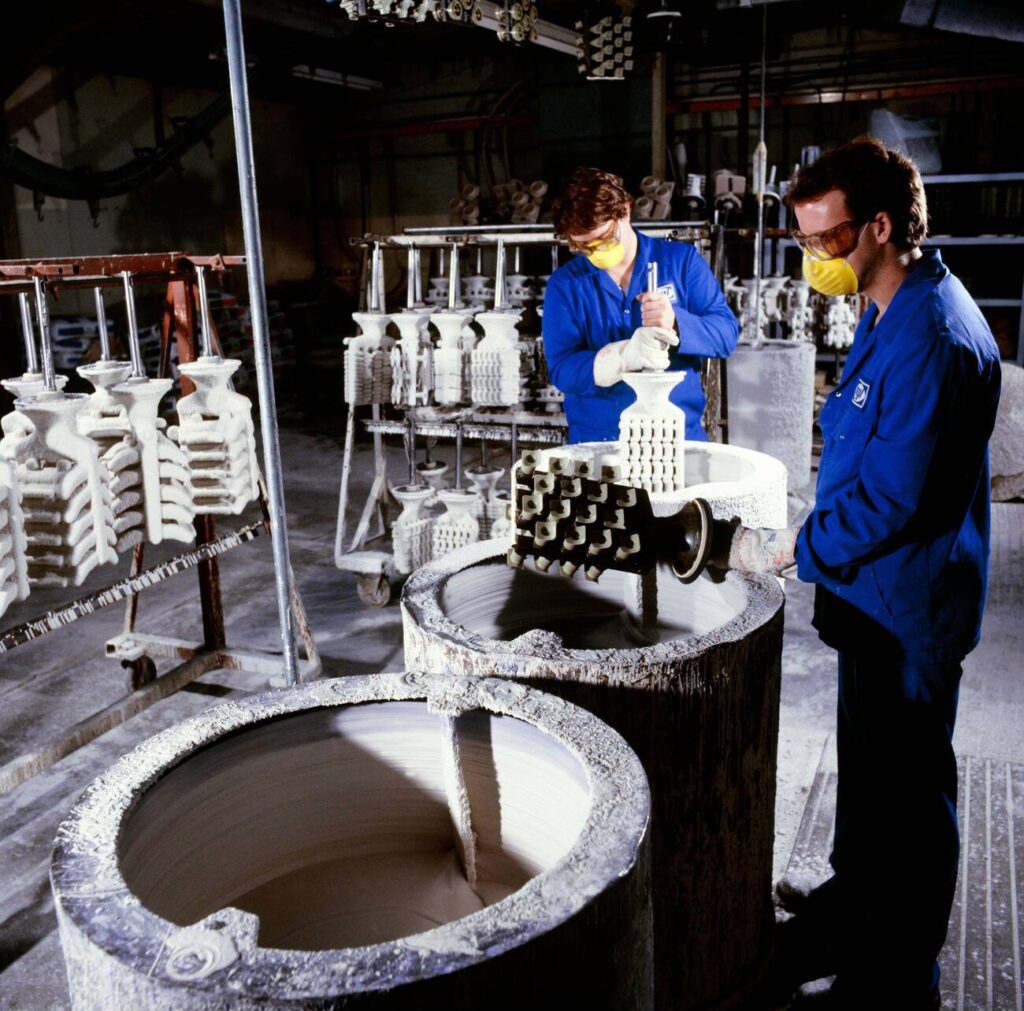
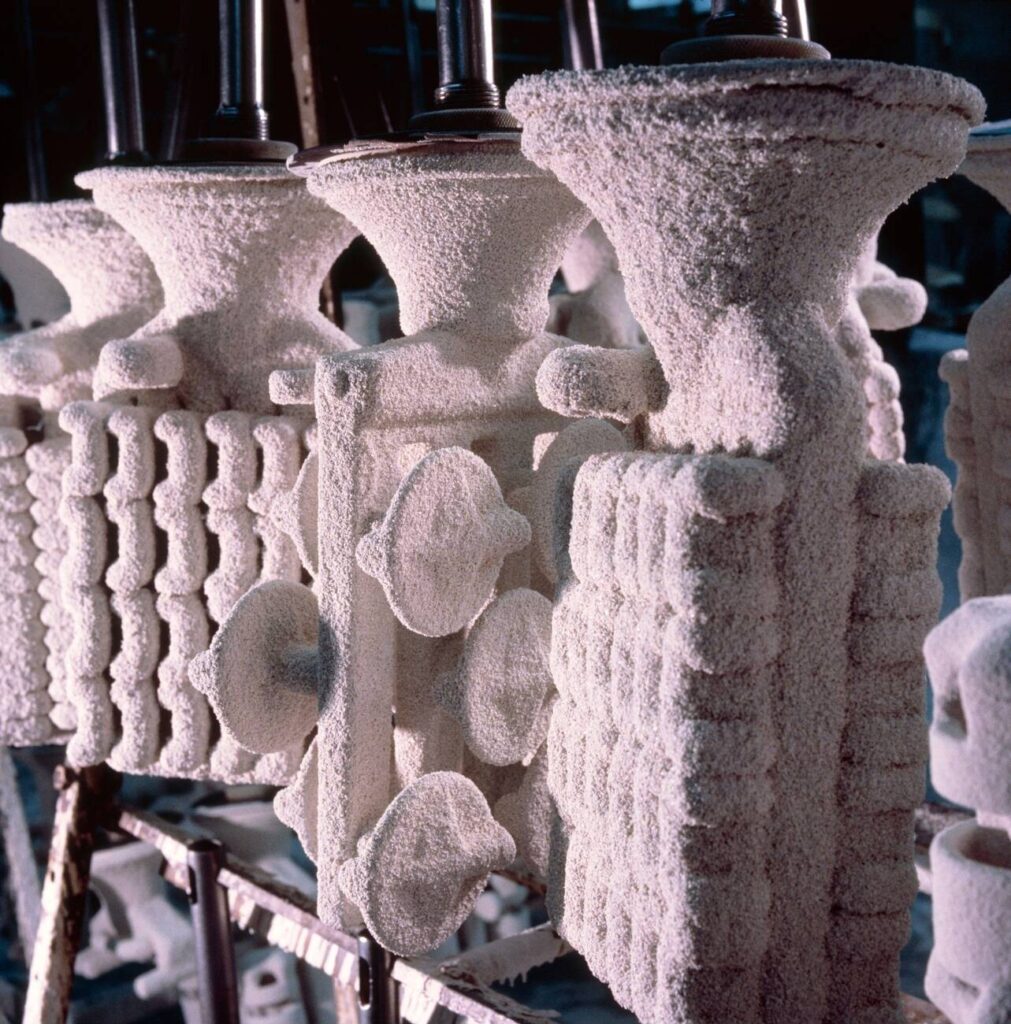
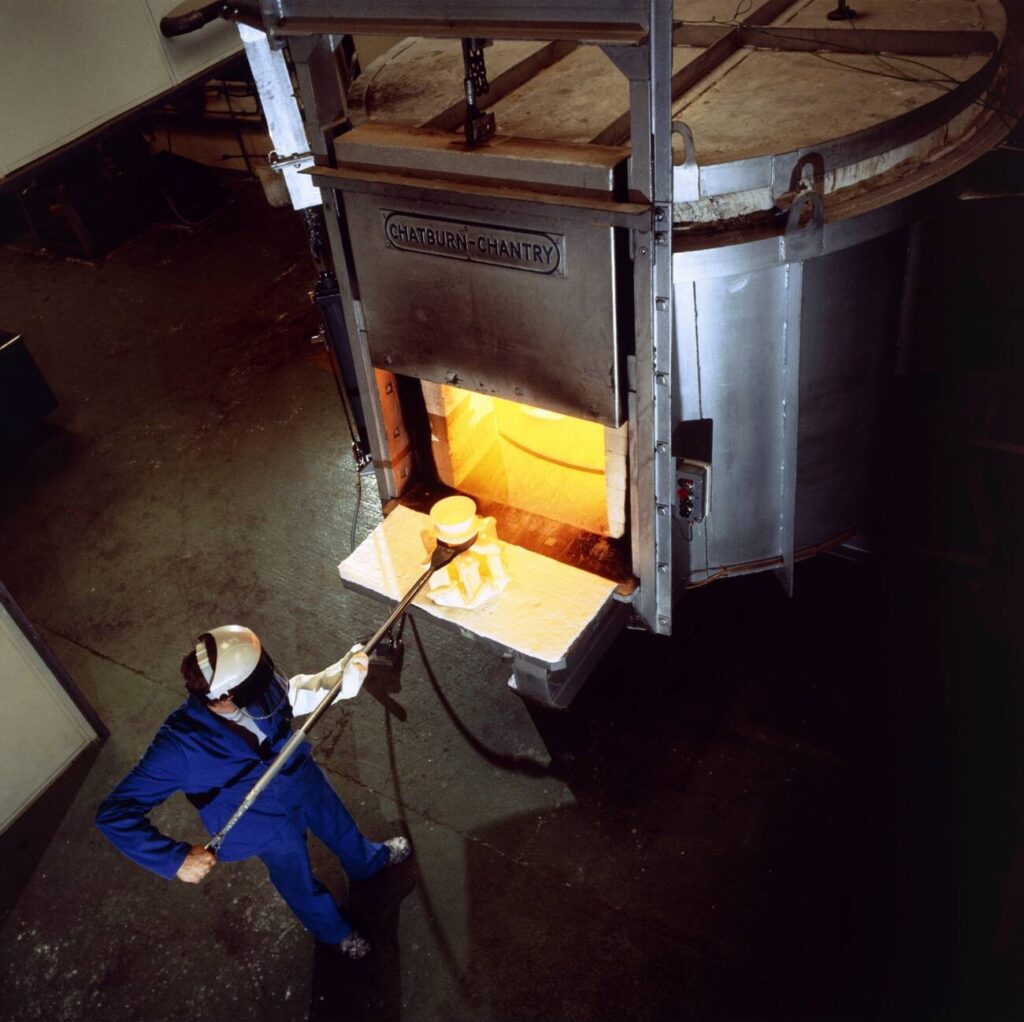
Based in Turkey, Modulus Metal is a leader in manufacturing precision investment casting parts. Our advanced facilities and skilled team utilize the latest casting technologies to produce high-quality, intricate castings for diverse applications. Let us show you how our Turkish-based expertise in investment casting can benefit your business – contact us today!
Investment casting, also known as a lost wax casting, is a manufacturing process that involves creating a mold of a desired part using a wax or polymer pattern. The mold is then coated with a ceramic material and heated to high temperatures to melt or burn out the wax pattern, leaving a hollow cavity in the shape of the final part. Molten metal is then poured into the cavity and allowed to cool and solidify. Once the metal has hardened, the ceramic mold is broken away to reveal the finished investment casting.
Investment casting is a popular choice for manufacturing parts for a variety of industries, including aerospace, military, medical, and automotive. It allows for the production of complex shapes and fine detail that may not be achievable with other casting methods. It also allows for the use of a wide range of materials, including steel, aluminum, and superalloys.
Modulus Metal has ISO / IATF-certified investment casting supplier base and our partner suppliers are experienced in automotive, aerospace, agricultural, biomedical and industrial machinery manufacturing for many years.
Production capabilities: 1g to 50 kg /piece
Quantity: Medium to large volumes of production
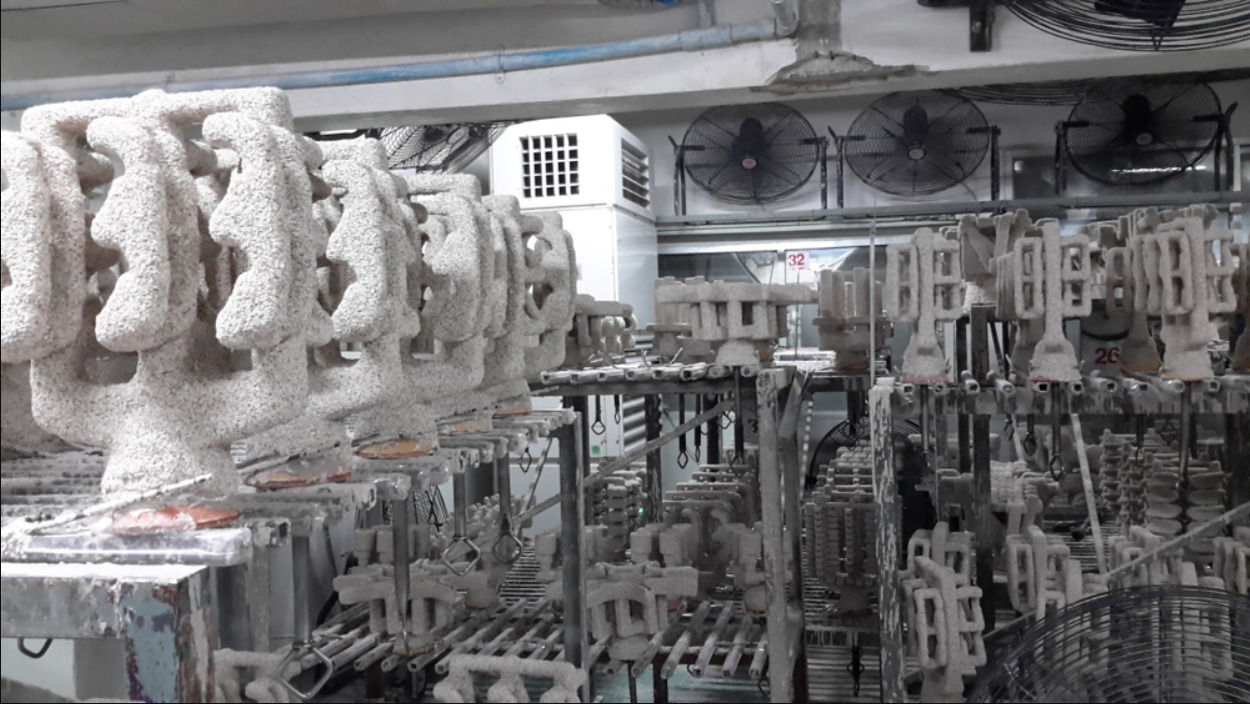
STANDARD INVESTMENT CASTING

The method
Wax patterns are created in INVESTMENT CASTING and then built on a tree with feeding and gating systems. The wax pattern is dipped in refractory slurry, then covered in refractory stucco and left to dry for many hours. This is the initial coat. The method is done several times, usually until 8 coats of refractory are obtained. The ceramic investment shell is shown here. The wax is then melted out and the ceramic shell is baked before the molten metal is cast into it. When intricate, thin portions are involved, air pressure, vacuum, or centrifugal pressure might be used to assure complete filling of the mold. To remove the castings, the mold is broken up. Most metals with melting temperatures less than 2500°K (2227°C) can be processed using this method. Because the wax pattern is melted out, structures with curves, undercuts, bosses, recesses, and so on can be quite complicated. The Lost Wax Process is another name for it.
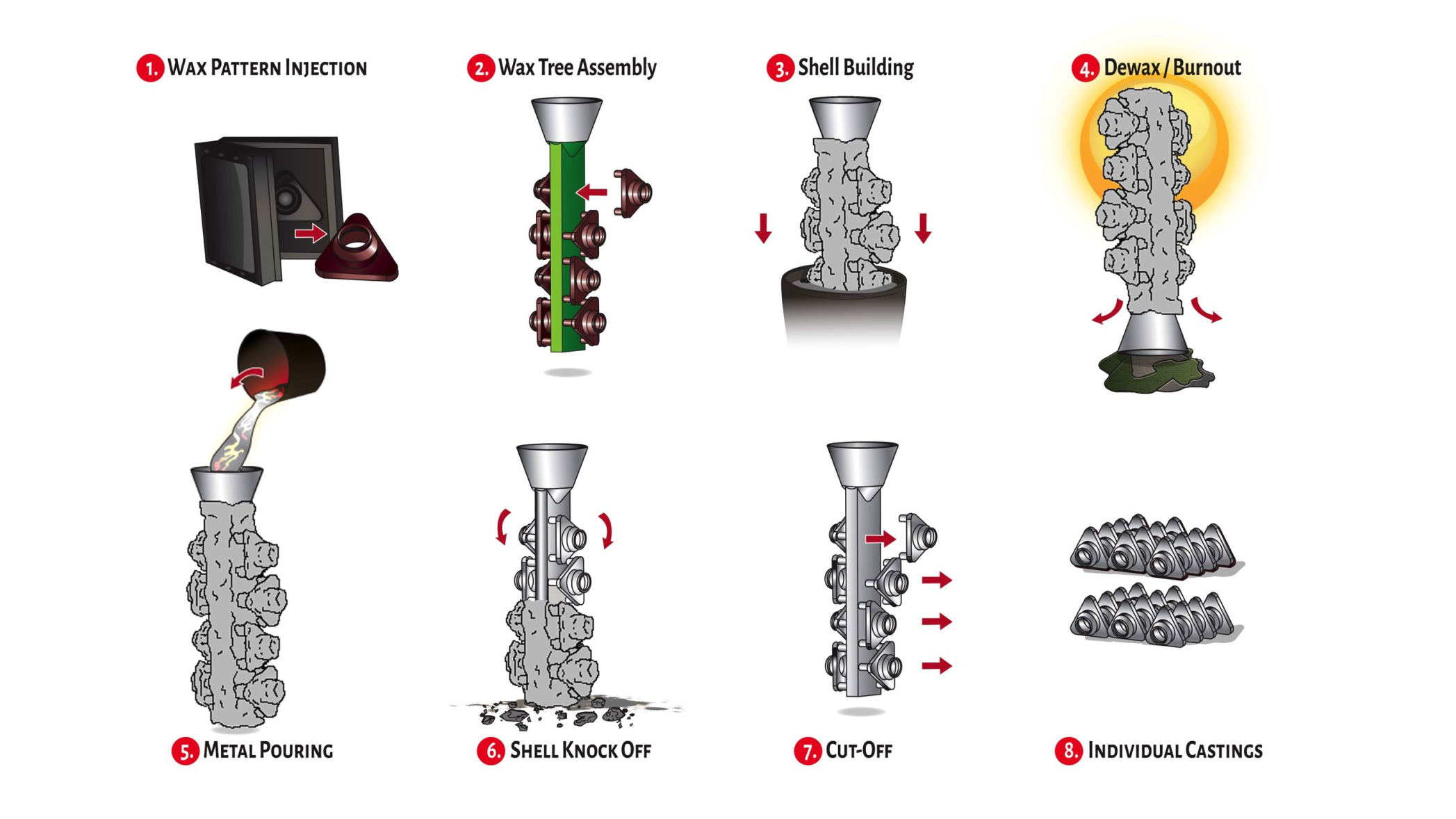
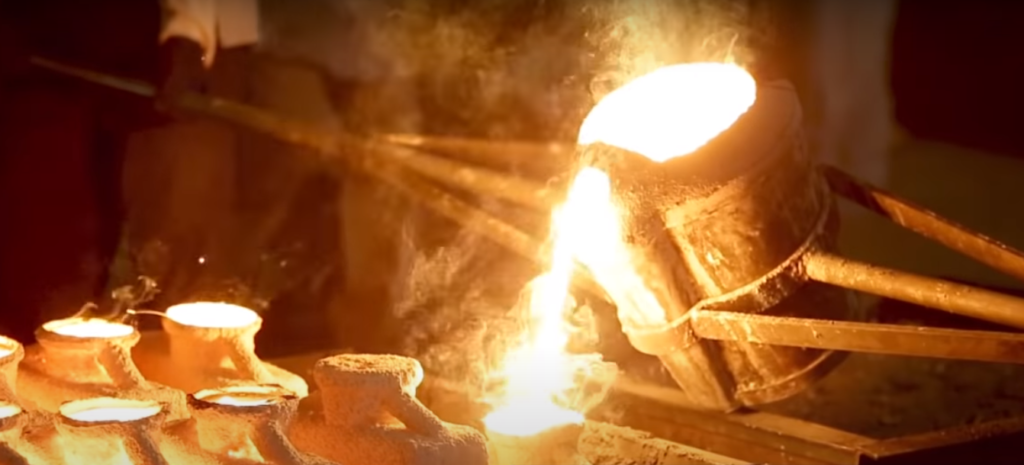

The investment casting process is not only versatile but also capable of delivering components with remarkable dimensional accuracy and minimal material waste. The refractory coatings used in the process are designed to withstand extreme temperatures, ensuring that even alloys with high melting points can be cast effectively. This technique also minimizes material contamination, a critical factor when working with superalloys or medical-grade metals.


Moreover, the ability to use advanced techniques such as vacuum or centrifugal casting enhances the quality of intricate parts, enabling manufacturers to achieve high repeatability and consistent results. This makes investment casting an essential method for industries requiring parts with tight tolerances and complex geometries.
The method’s adaptability extends to prototyping and small-batch production, where its precision capabilities eliminate the need for extensive post-production machining. This efficiency translates into cost savings and faster turnaround times, making it a preferred choice for specialized applications across various sectors.
Another advantage of investment casting is its capability to produce near-net-shape parts, reducing the need for extensive machining. This makes it an ideal process for industries focused on cost efficiency without compromising quality. The process can handle both ferrous and non-ferrous metals, broadening its applicability across sectors that require customized solutions for specific operating environments.

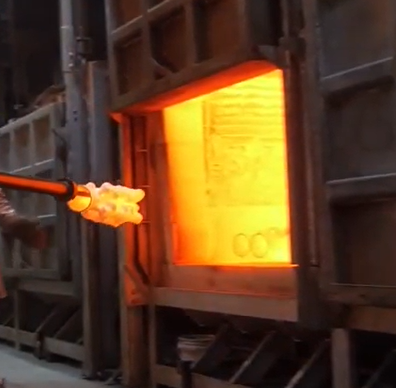

Advanced simulation software is often employed during the design phase to predict potential defects and optimize casting parameters. This integration of technology ensures enhanced performance, reduced waste, and superior mechanical properties in the final product.
Furthermore, investment casting supports sustainability goals by allowing manufacturers to recycle wax patterns and reduce material waste during production. Its energy-efficient methods and ability to produce durable, long-lasting components contribute to lowering the environmental footprint.
Innovations in Investment Casting at Modulus Metal
Modulus Metal, based in Turkey, leverages state-of-the-art technologies to offer cutting-edge investment casting solutions tailored for global markets. The company integrates 3D printing for rapid wax pattern production, enabling faster prototyping and unparalleled design complexity. These capabilities position Modulus Metal as a reliable partner for companies in the USA, Canada, and European countries such as Germany, Belgium, France, and the Netherlands.
Additionally, Modulus Metal employs advanced ceramic materials and automation, ensuring consistent quality and optimal performance for critical applications in aerospace, medical, and energy sectors. Smart monitoring systems enhance production efficiency, reducing lead times while meeting rigorous international standards.
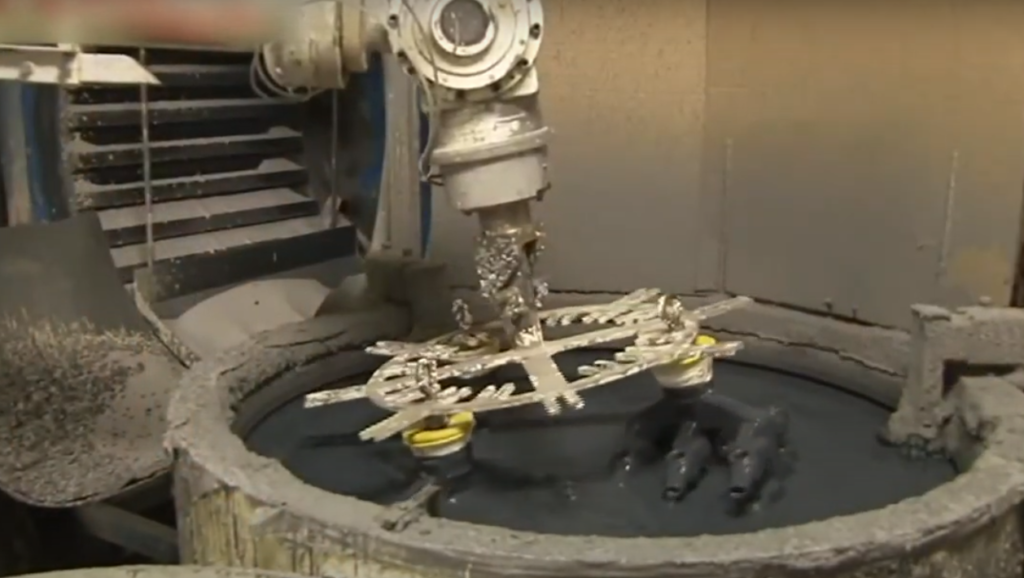

Industry-Specific Expertise in Modulus Metal
Modulus Metal excels in delivering precision investment casting solutions for critical industries, catering primarily to international clients in the USA, Canada, and Europe, including Germany, Belgium, France, and the Netherlands. In the aerospace sector, the company specializes in high-strength, lightweight components like turbine blades and structural parts designed to withstand extreme temperatures and pressures.
For the medical industry, Modulus Metal manufactures biocompatible and corrosion-resistant components, such as surgical instruments and implantable devices, ensuring safety and precision.
In the energy sector, the company provides advanced casting solutions for turbines, generators, and renewable energy systems, where durability and efficiency are critical. With its strategic location in Turkey and a strong export network, Modulus Metal bridges quality manufacturing with global demand, offering tailored solutions for diverse industrial needs.
Modulus Metal extends its investment casting expertise to the agricultural machinery and general machinery industries, supplying precision-engineered parts that enhance equipment reliability and performance. For agricultural applications, the company produces robust components such as plowshares, gear housings, and couplings, designed to withstand heavy usage and harsh environmental conditions.
In the general machinery sector, Modulus Metal specializes in casting intricate parts like pump housings, impellers, and motor components, ensuring high durability and operational efficiency. These solutions are customized for global clients, meeting international quality and durability standards.


Modulus Metal supports diverse machinery sectors by producing high-performance components tailored for specialized equipment. For agricultural machinery, the company provides cast parts such as precision gears, linkages, and cutting blades, ensuring resilience in demanding field conditions.
In the construction machinery sector, Modulus Metal delivers robust castings like wear plates, structural brackets, and hydraulic system components that withstand heavy loads and prolonged operations.
For industrial machinery, the company manufactures components like valve bodies, machine housings, and intricate tooling parts to enhance operational efficiency and extend equipment life.
These solutions, exported to clients in the USA, Canada, and Europe, align with global standards, underscoring Modulus Metal’s role as a trusted partner for the machinery industry.
Process characteristics: Primary shaping process, Discrete
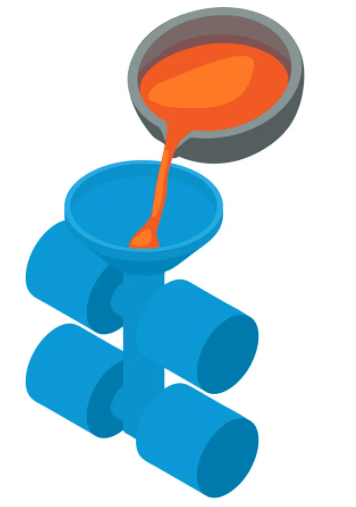
Design guidelines
Complex shapes featuring curves, undercuts, bosses, recesses, and so on. Ideal for compact three-dimensional shapes.
Technical information
Cycle time limited by heat transfer out of casting.. The use of several molds boosted the production rate. The method provides great detail replication.



Typical uses
Small complex automotive and industrial parts, Jewelry, dental implants, statuary, metal sculpting, and decorative objects are common applications.
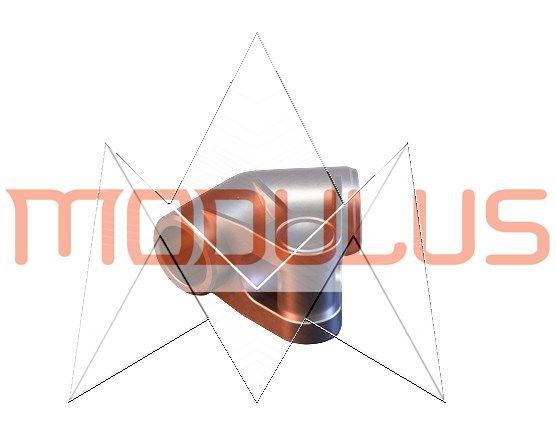
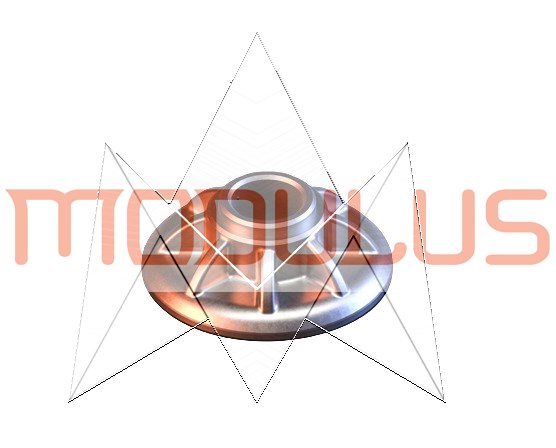
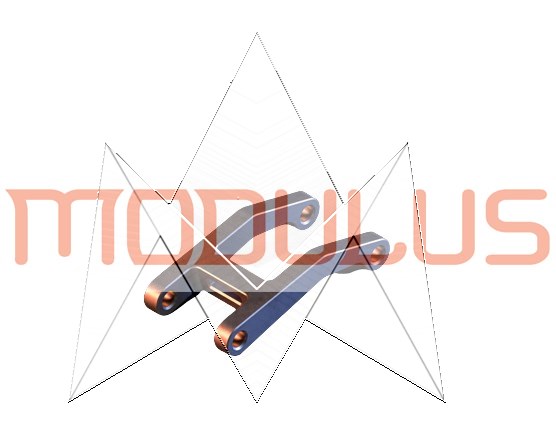
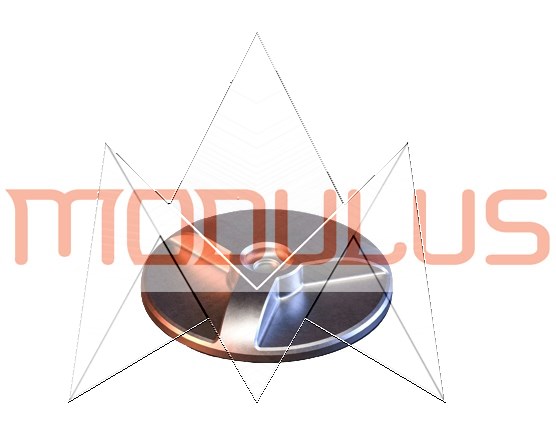
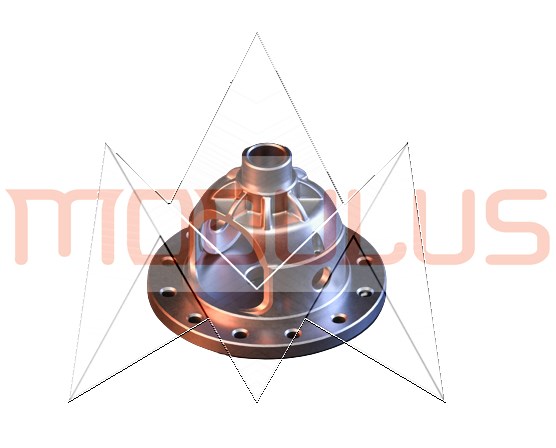
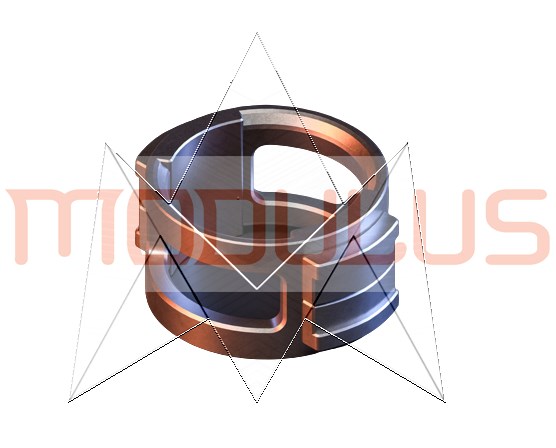
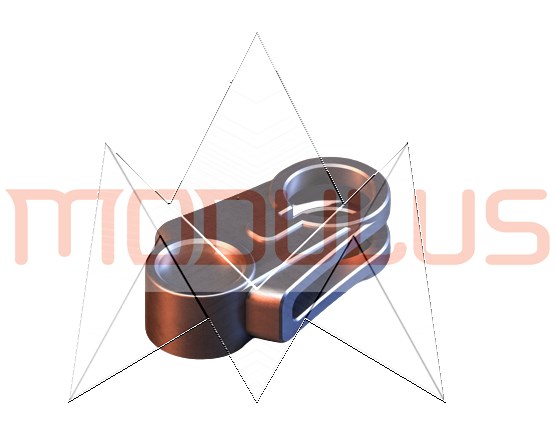
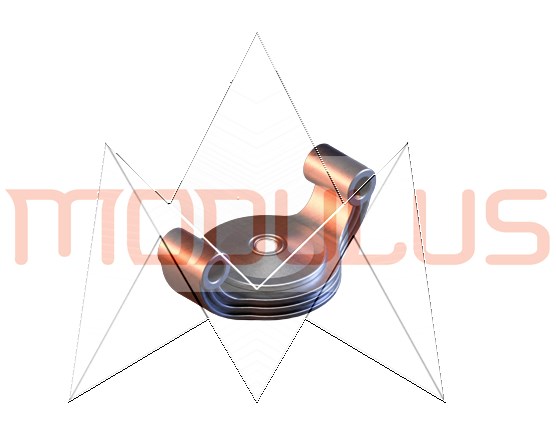
Examples of Components Produced by Investment Casting
| Industry | Parts and Equipment |
|---|---|
| Automotive | Rocker arms, turbocharger housings, exhaust manifolds, gearbox components, differential cases, brake calipers |
| Agricultural Machinery | Harvester teeth, gear housings, seed planter components, plowshares, couplings, tiller blades |
| Construction Equipment | Excavator bucket teeth, pivot pins, hydraulic pump housings, track links, brackets |
| Furniture/Table Industry | Table base supports, adjustment levers, hinge brackets, decorative cast components, chair mechanisms |
| Energy (Power Generation) | Turbine blades, valve bodies, generator rotors, impellers, stator components |
| Medical Equipment | Surgical tools, implantable devices, orthopedic implants, diagnostic instrument housings |
| Aerospace | Turbine blades, structural brackets, fuel nozzle components, landing gear parts, engine casings |
| General Machinery | Valve bodies, impellers, bearing housings, tooling jigs, motor housings |
| Oil and Gas | Drill bit components, pipeline fittings, flange connectors, pump casings |
| Railway Industry | Couplers, brake system components, suspension parts, signal mechanism housings |
| Marine Equipment | Propellers, rudder components, deck fittings, pump and valve components |
| Examples of Components Produced by Investment Casting |
Other Types of Investment Casting Modulus Metal serves:
- CLA / CLV
- Replicast
- Vacuum Investment Casting
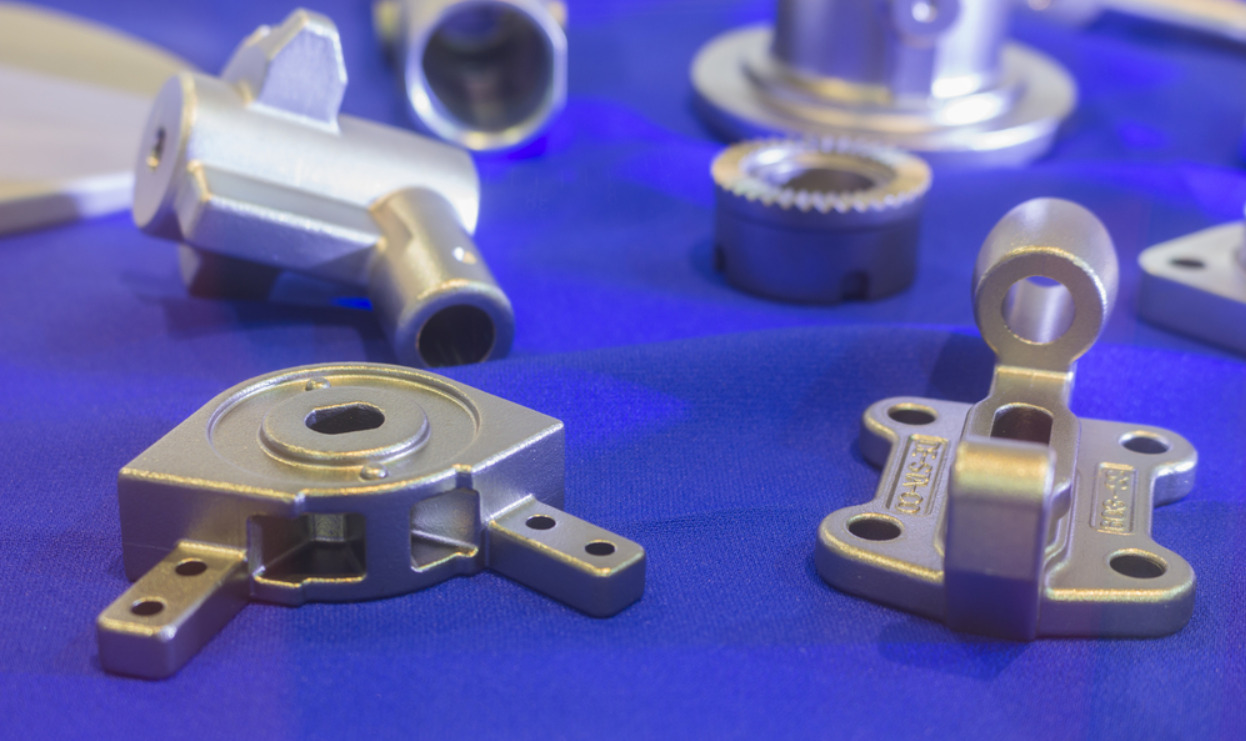
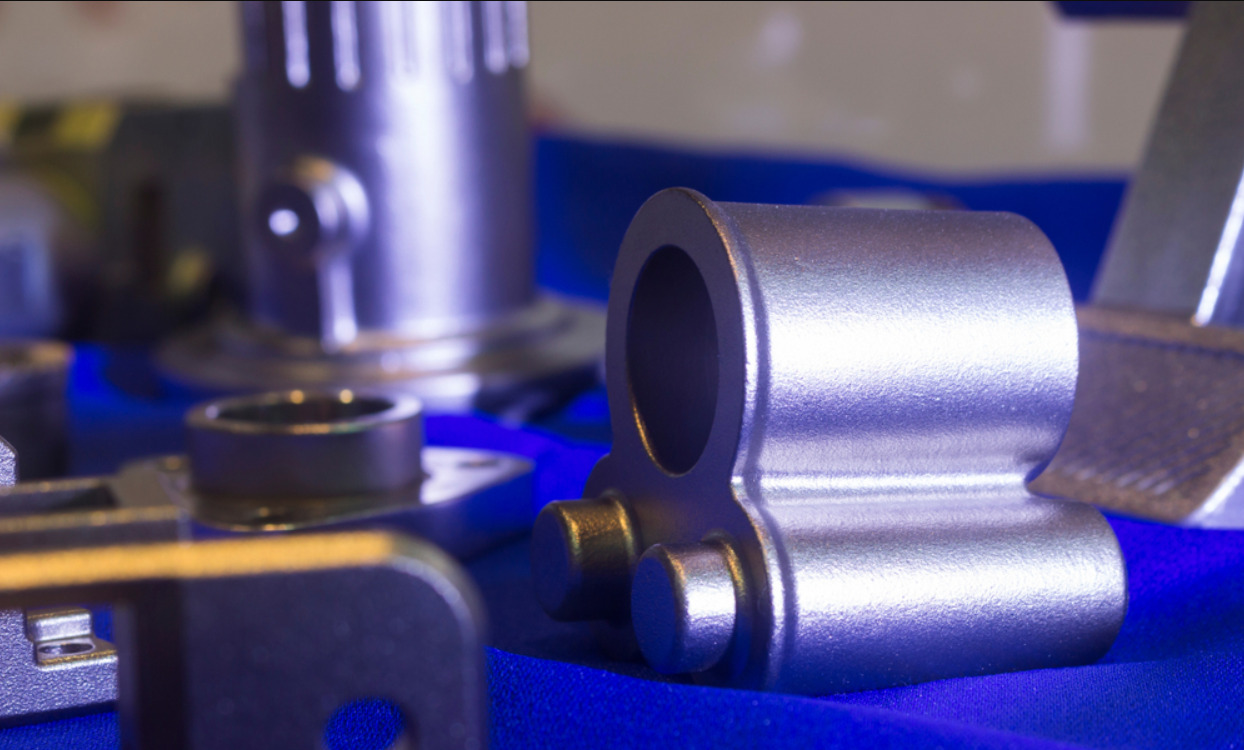
Design for Investment Casting Process
Investment Casting Tolerances VDG P690
Modulus Metal: Stainless Steel Investment Casting Foundry Products in Turkey
Pump and Valve Components Manufacturing by Investment Casting | Foundry in TURKEY
Standard References:
